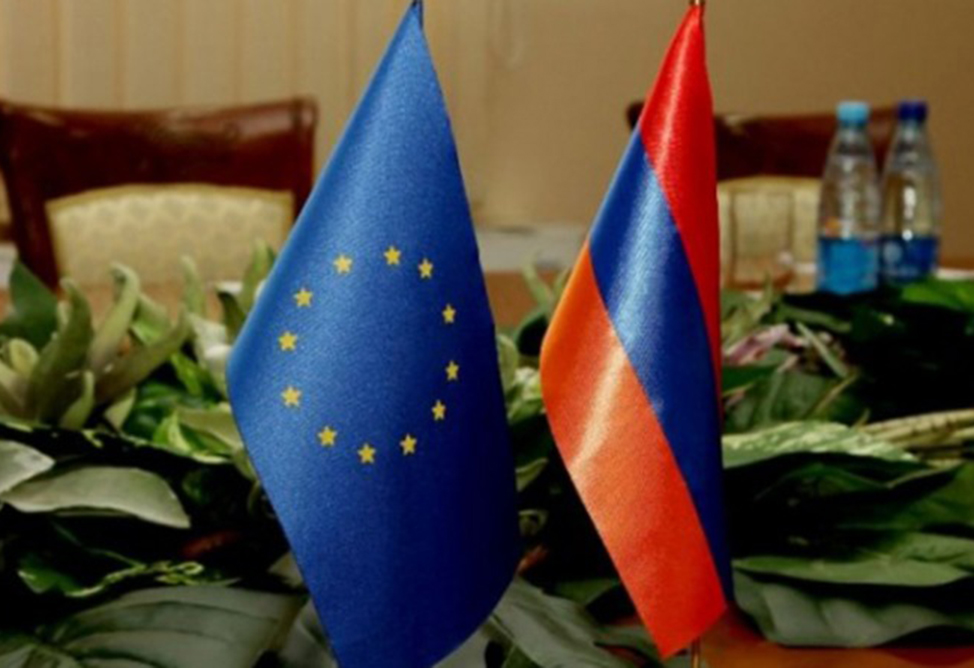Baku’s official destructive position stalemates Karabakh conflict settlement- NKR FM
27.12.2012,
16:51
Minister of Foreign Affairs of the Nagorno-Karabakh Republic (NKR) Karen Mirzoyan regrets there was no serious progress in the Azerbaijani-Karabakh conflict this year.

STEPANAKERT, December 27. /ARKA/. Minister of Foreign Affairs of the Nagorno-Karabakh Republic (NKR) Karen Mirzoyan regrets there was no serious progress in the Azerbaijani-Karabakh conflict this year.
“Baku’s destructive position is the reason for the progress absence around the conflict settlement. Baku’s official position actually puts the negotiation process into the deadlock,” Mirzoyan told reporters on Thursday in Stepanakert at a news conference dedicated to his 100-day tenure.
In reference to this, NKR FM reminded the pardon and glorification of Ramil Safarov, a merciless murderer of Armenian officer Gurgen Margaryan on the basis of national hatred. According to Mirzoyan the Safarov case significantly shattered the reconciliation process and escalated the situation.
The principal challenge of the Karabakh diplomacy is a settlement of Azerbaijani-Karabakh conflict through peaceful talks and international recognition of NKR.
“All the issues within the Karabakh conflict settlement require complex solution,” he noted.
The most important event of the old year, according to Mirzoyan, is the presidential elections.
The elections played important role in a state formation and democratization of the republic. This fact was even highlighted by the international observers.
The conflict in Nagorno-Karabakh broke out in 1988 after the predominantly Armenian-populated Karabakh declared about secession from
Azerbaijan.
As Azerbaijan declared its independence from the Soviet Union and removed the powers held by the Karabakh’s government, the Armenian majority voted in 1991, December 10, to secede from Azerbaijan and in the process proclaimed the enclave the Republic of Nagorno-Karabakh. Full-scale fighting, initiated by Azerbaijan, erupted in the late winter of 1992. International mediation by several groups including Europe's OSCE’s failed to bring an end resolution that both sides could work with.
In the spring of 1993, Armenian forces captured regions outside the enclave itself. By the end of the war in 1994, the Armenians were in full control of most of the enclave and also held and currently control seven regions beyond the administrative borders of Nagorno-Karabakh. Almost 1 million people on both sides have been displaced as a result of the conflict. A Russian- -brokered ceasefire was signed in May 1994 and peace talks, mediated by the OSCE Minsk Group, have been held ever since by Armenia and Azerbaijan. -0-



